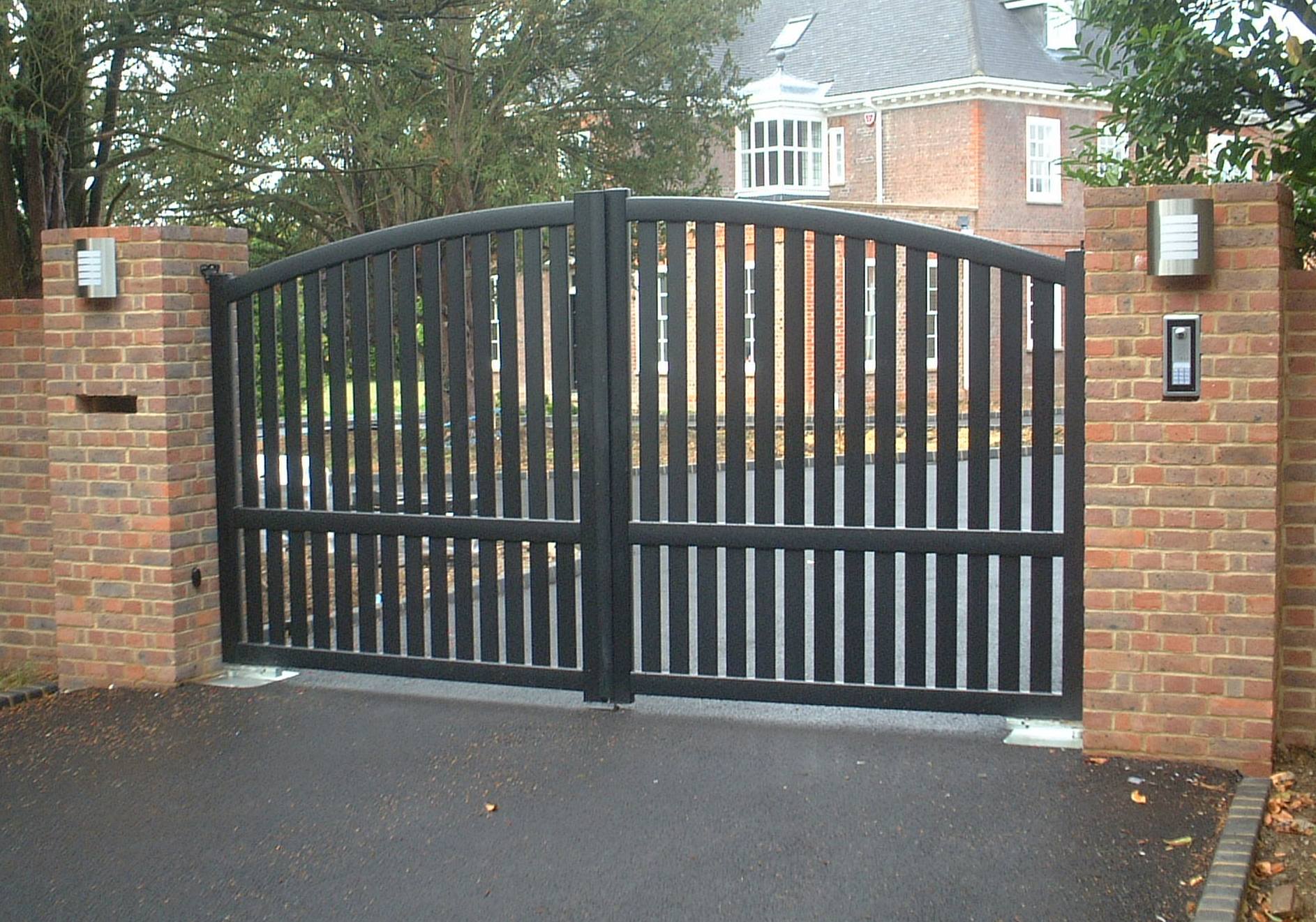-
Your shopping cart is empty!
Menu
Your shopping cart is empty!
An automated gate system can be a fantastic investment for your home or business and the lifespan of your electric gate can reach 20 years or more if well maintained. As with other machinery, regular servicing is required to keep the gates and motors in the best condition. Not only is servicing important for the longevity of your gate automation, but there are also several other important reasons for regular maintenance. In this blog, we are looking at the main reasons to service your automated gate system and how often you should be looking to do it.

One of the main reasons to regularly maintain your gates is safety. When your gates are serviced, the gate engineer will test all of the gates safety features to ensure they are working correctly. While injuries from an automated gate system are rare, poor installation and improper maintenance can increase the risk of an incident. During a service, a good gate engineer will ensure that the obstacle detection systems and safety devices are functioning correctly. They will also perform checks on the electrical elements to reduce any potential electrical issues.
Automated gate systems should have a manual release function to allow the gates to be opened in the event of power failure. However, a preventable gate automation breakdown can still be incredibly inconvenient. During a service, a full inspection of the system's functions will be carried out, and any necessary maintenance carried out. This includes the lubrication of any moving parts such as wheels, motor arms and hinges and the checking of all cables and wiring. Not only will this reduce the risk of breakdown, but a high standard of maintenance will significantly improve your gate system’s lifespan.
While the motor function is the main point of check for a gate engineer, it is also essential to maintain the gate itself. Iron and wooden gates are susceptible to the elements so regular inspections and applications of protective outer layers are required. Aluminium gates are more resistant to degradation from the elements, due to aluminium’s natural corrosion-resisting properties. The surface finish applied to all of our aluminium gates at Linkcare comes with a ten-year warranty.
If you put a reasonable amount of time, consideration and money into installing an electric gate system, you want to keep it looking as good as new. While a gate engineer won't pressure wash your gates for you, they will ensure the essential components are lubricated, clean and free of debris. Appropriate cleaning will help keep your gates looking as good as new.
The answer to this depends on several factors. As a general rule, systems that have light usage (two to three times a day) will require a service once a year. For gates that are used more regularly, servicing twice a year is recommended to assess levels of ware and tare related issues. Gates in less regular use may also need more frequent maintenance to help keep the components moving freely.
The location of your gates may also make a difference. For example, if you live near the coast, the salty air can affect the components of the gate. Furthermore, gates in areas that experience high winds may also need more regular servicing due to the increased wind resistance when the gates are in operation.

For the technical inspection and maintenance of automated gates, we recommend getting in touch with a professional gate installer. However, there are things you can do yourself that will be beneficial to your gates. For example, it is recommended to operate the manual release system three to four times a year to keep the mechanism functional. You should also keep your gates clean and sliding gate tracks free from debris and stones. Slugs and snails can be very detrimental to electric gate systems. Slug pellets or wool can be used as an effective deterrent to keep them away from electrical control boxes.
Linkcare is a trusted supplier of automated gate kits and accessories. For more information on gate automation, browse our blog or call us on 01895 232 626.
These cookies are required for the website to run and cannot be switched off. Such cookie are only set in response to actions made by you such as language, currency, login session, privacy preferences. You can set your browser to block these cookies but our site may not work then.
These cookies are usually set by our marketing and advertising partners. They may be used by them to build a profile of your interest and later show you relevant ads. If you do not allow these cookies you will not experience targeted ads for your interests.
These cookies allow us to measure visitors traffic and see traffic sources by collecting information in data sets. They also help us understand which products and actions are more popular than others.


Leave a Comment